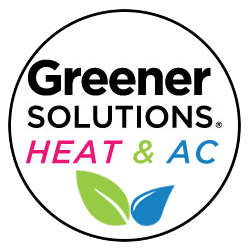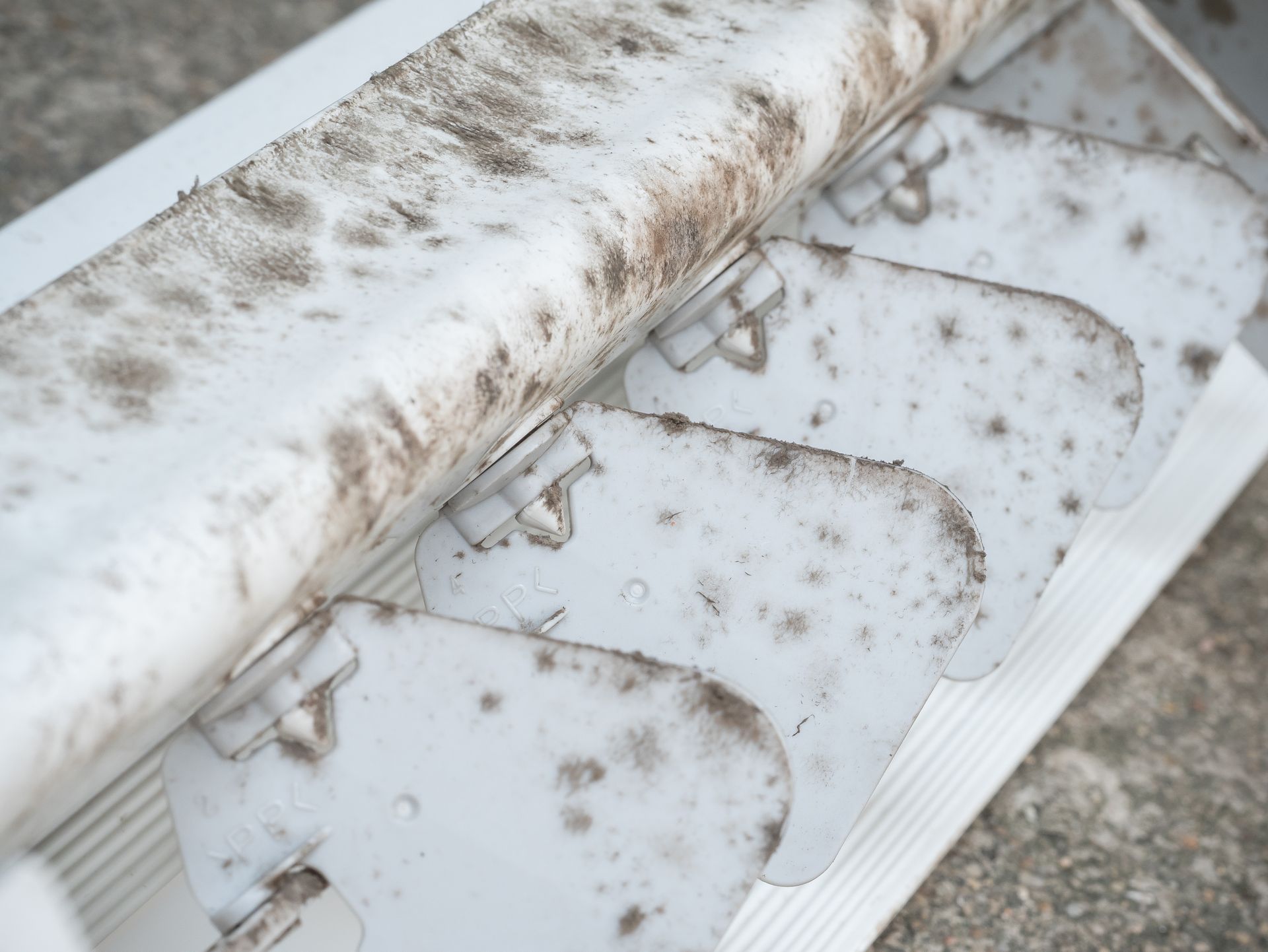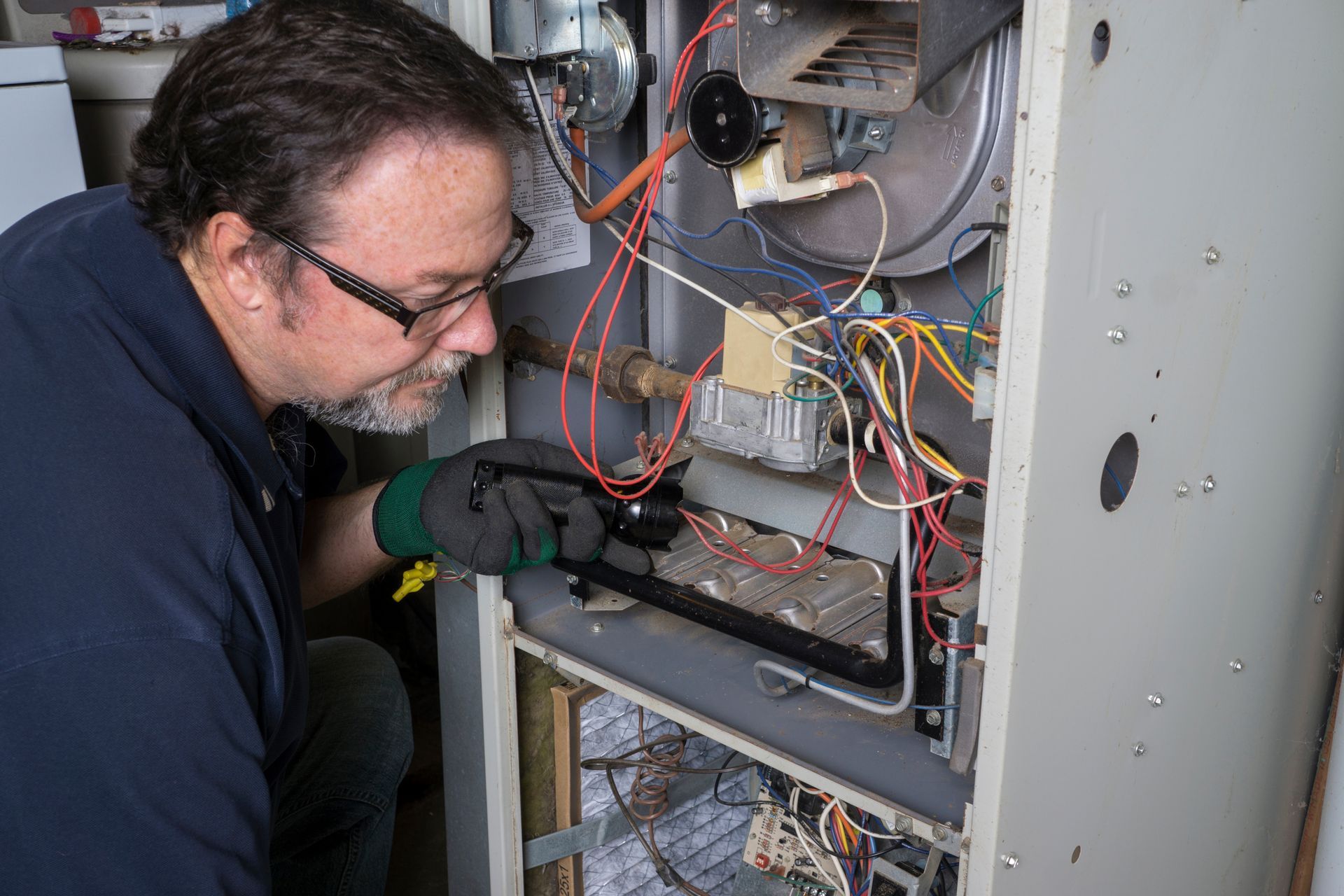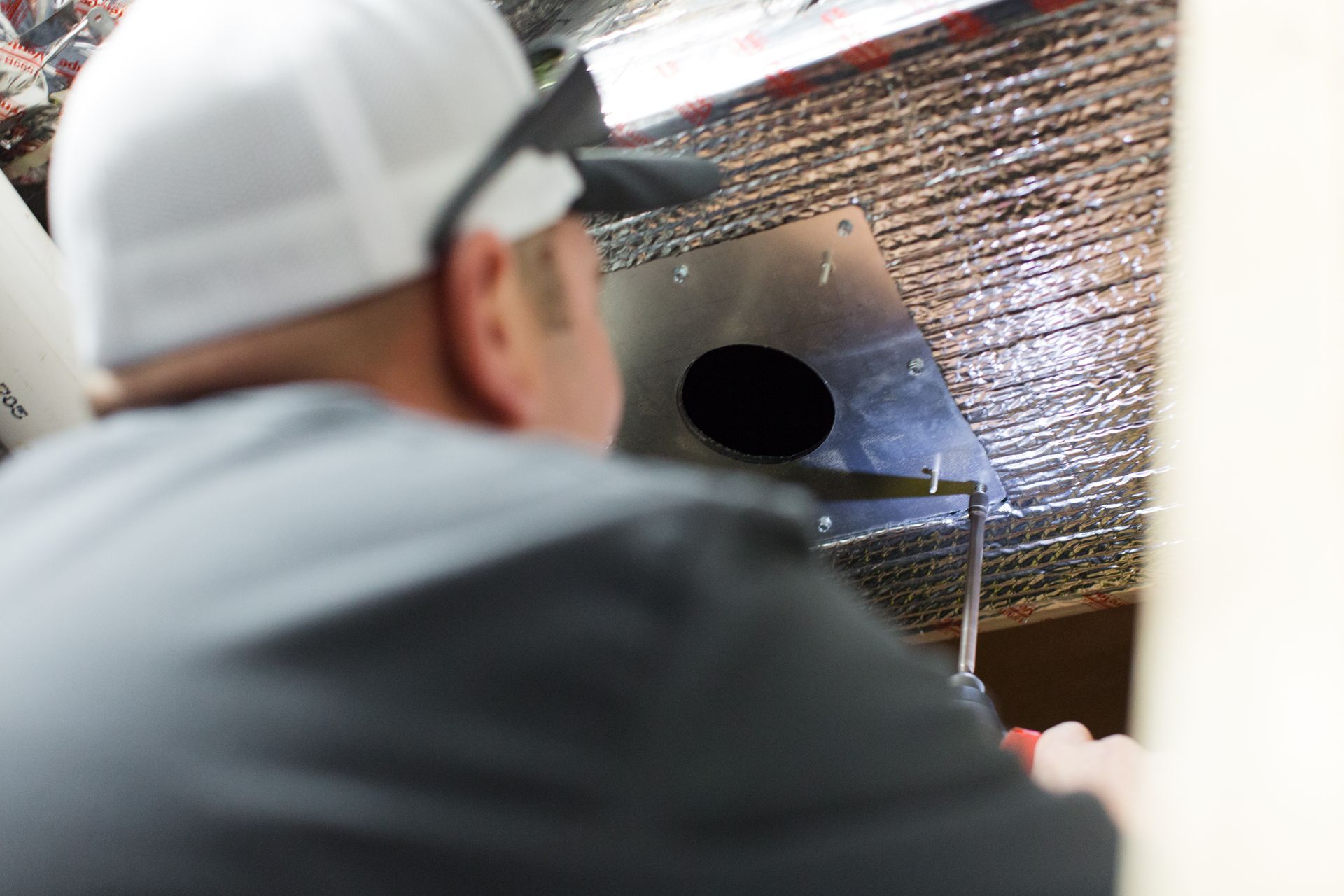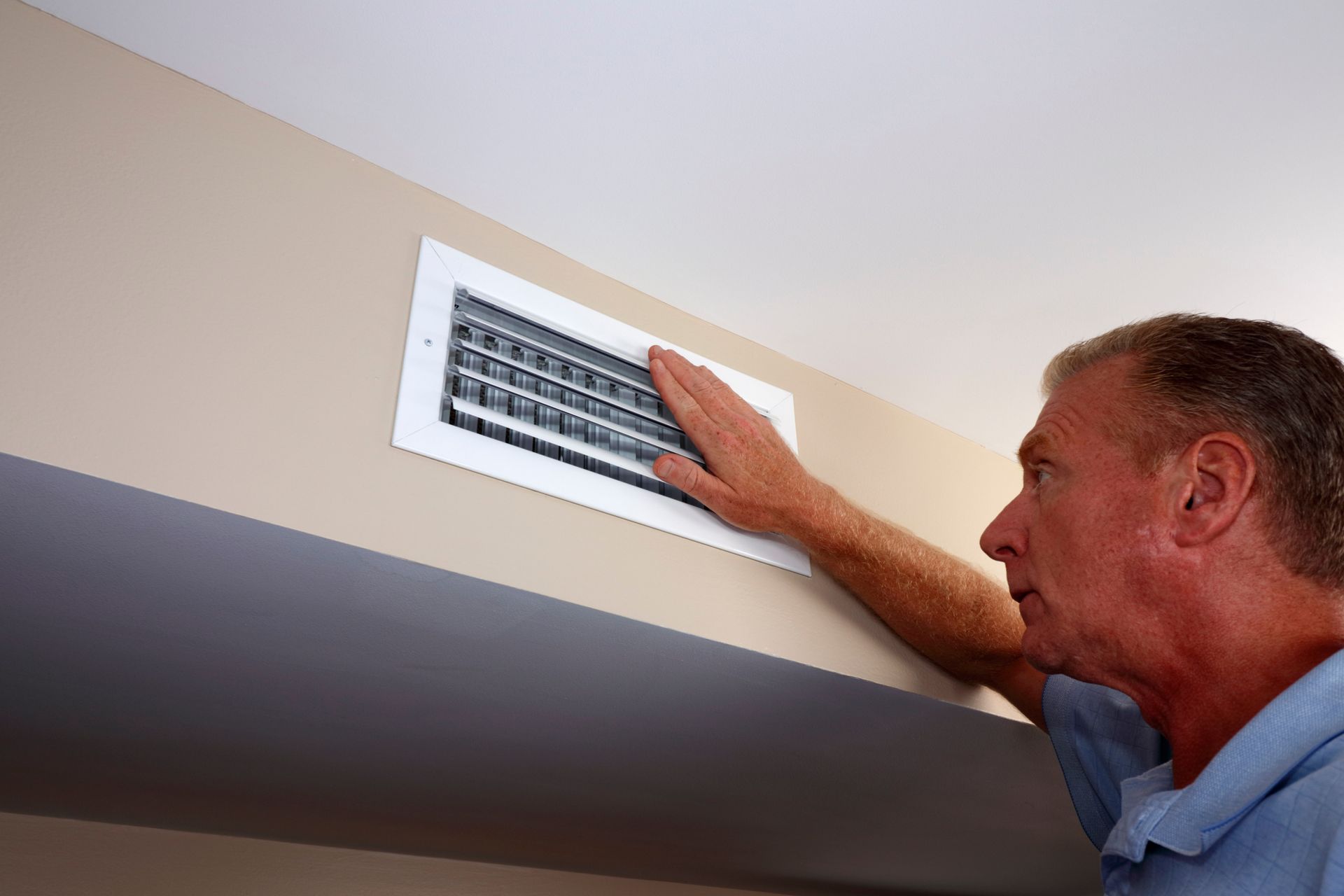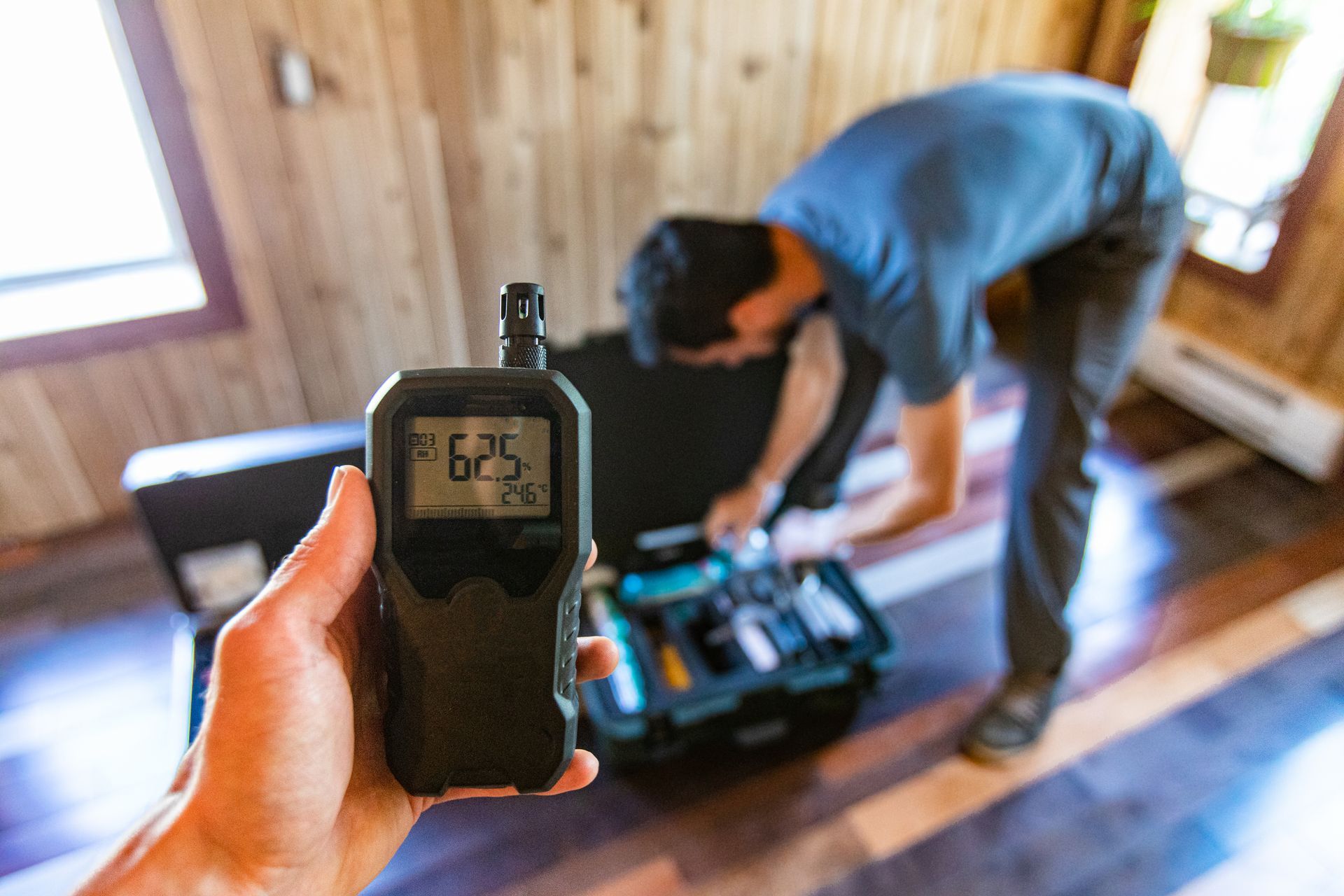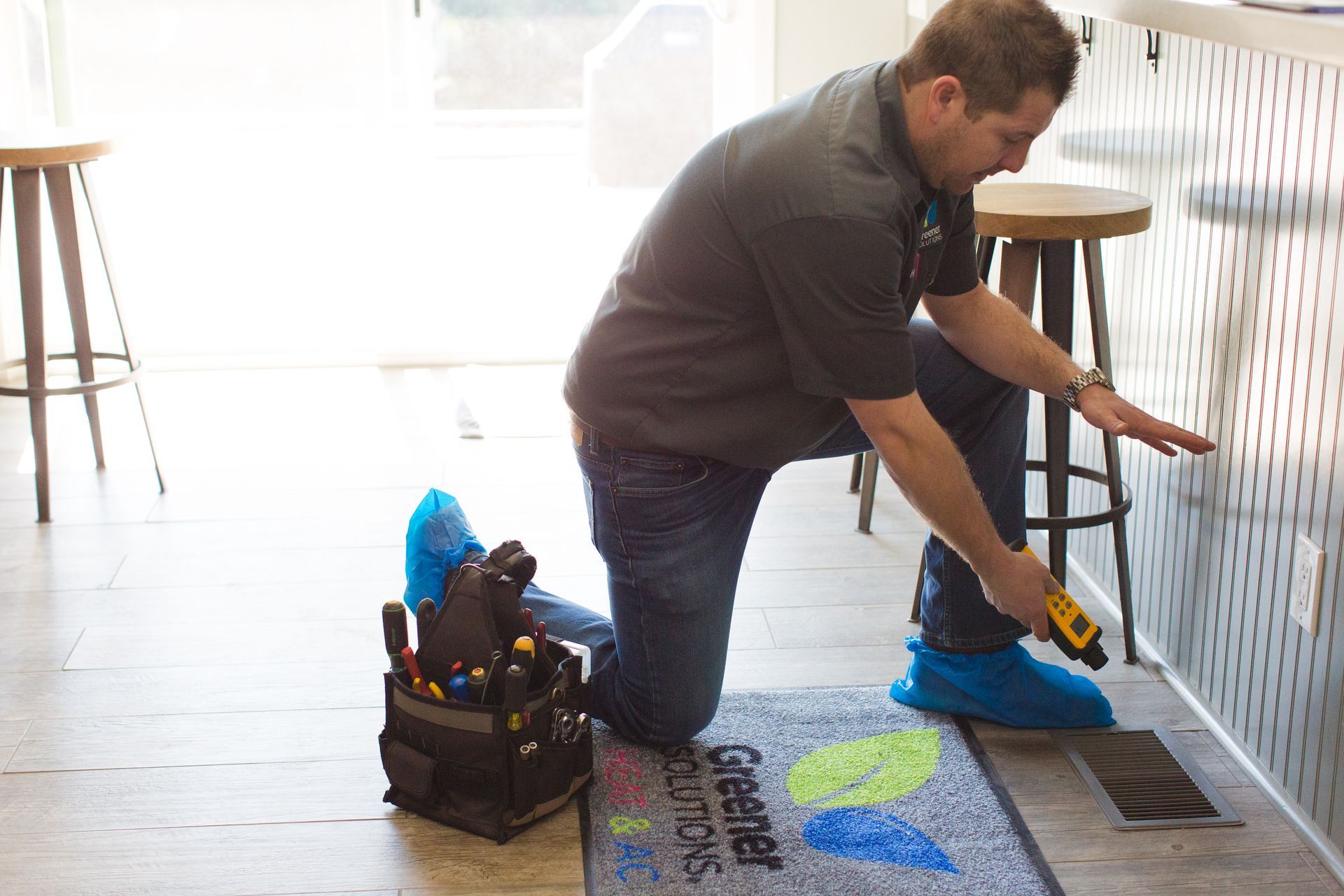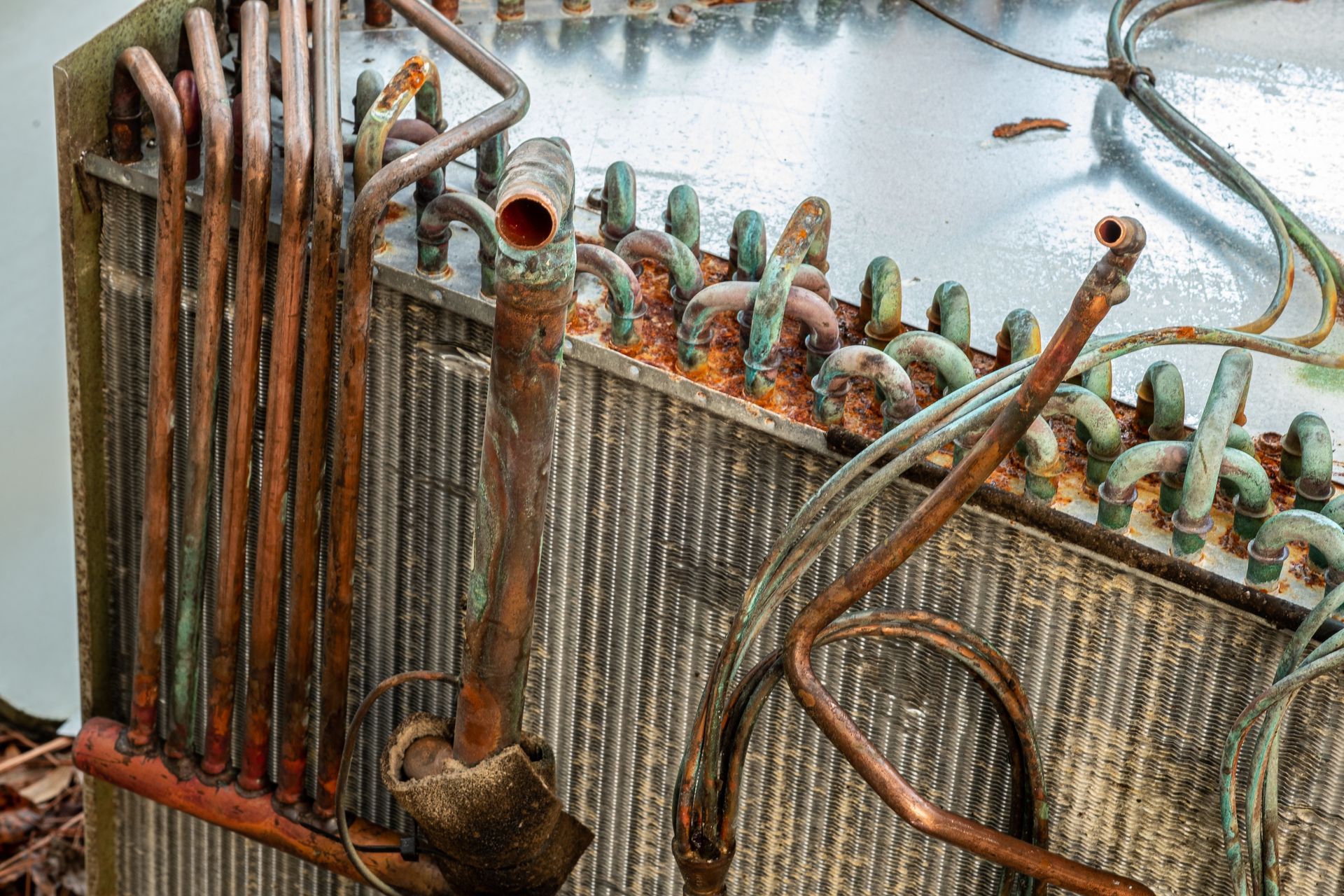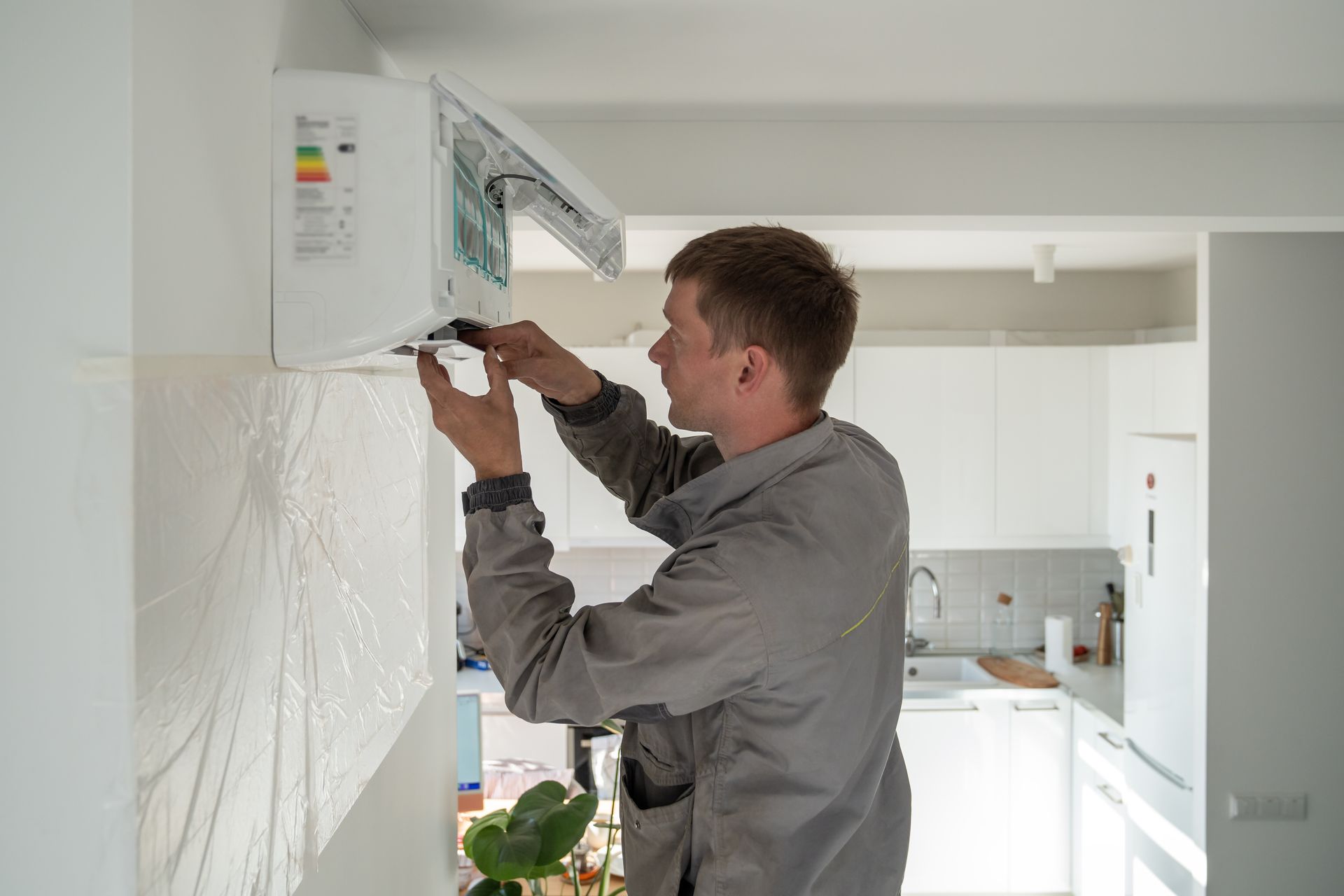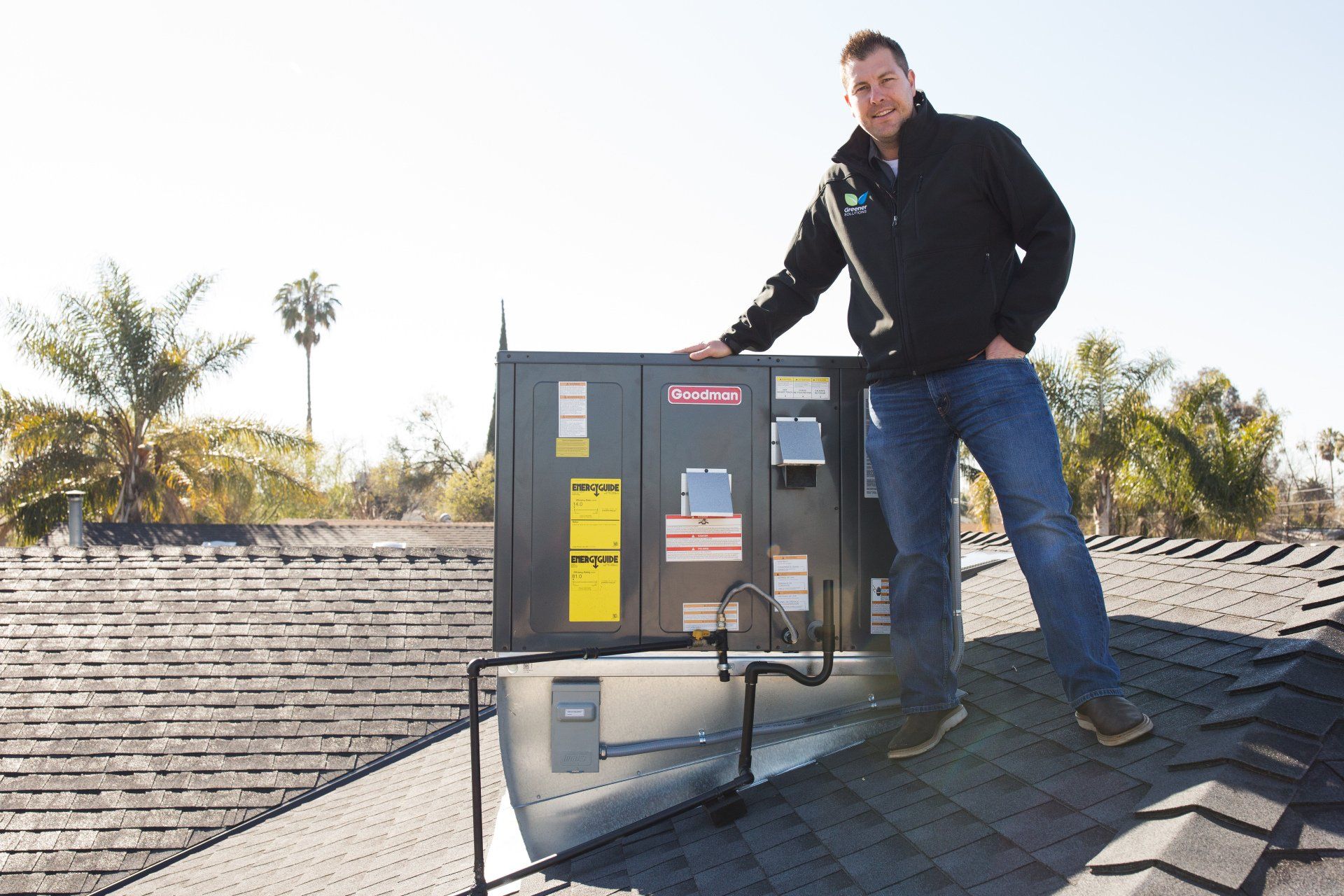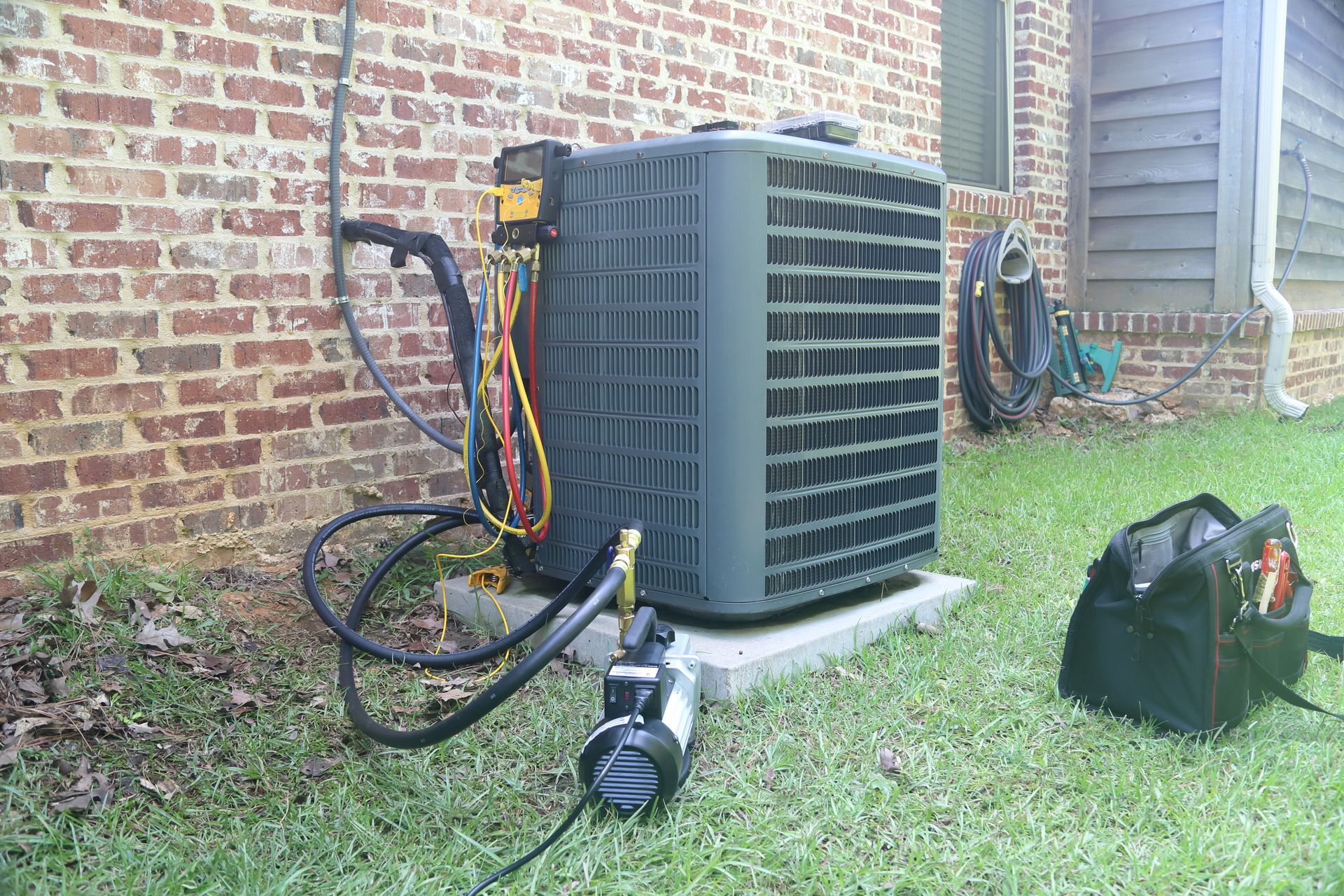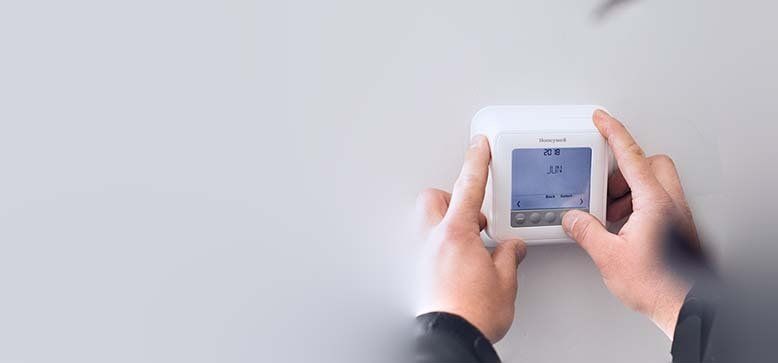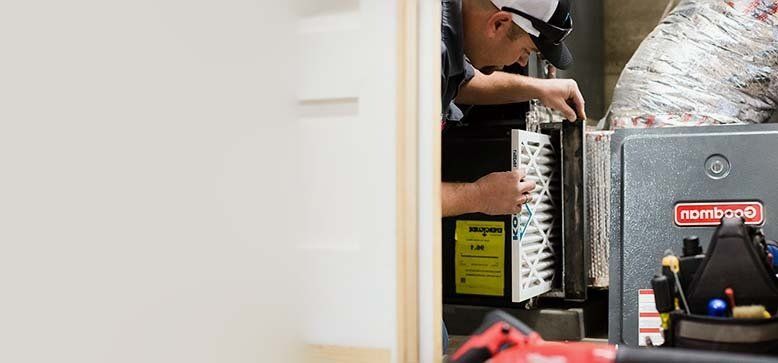How to Clean Your Air Conditioner Unit
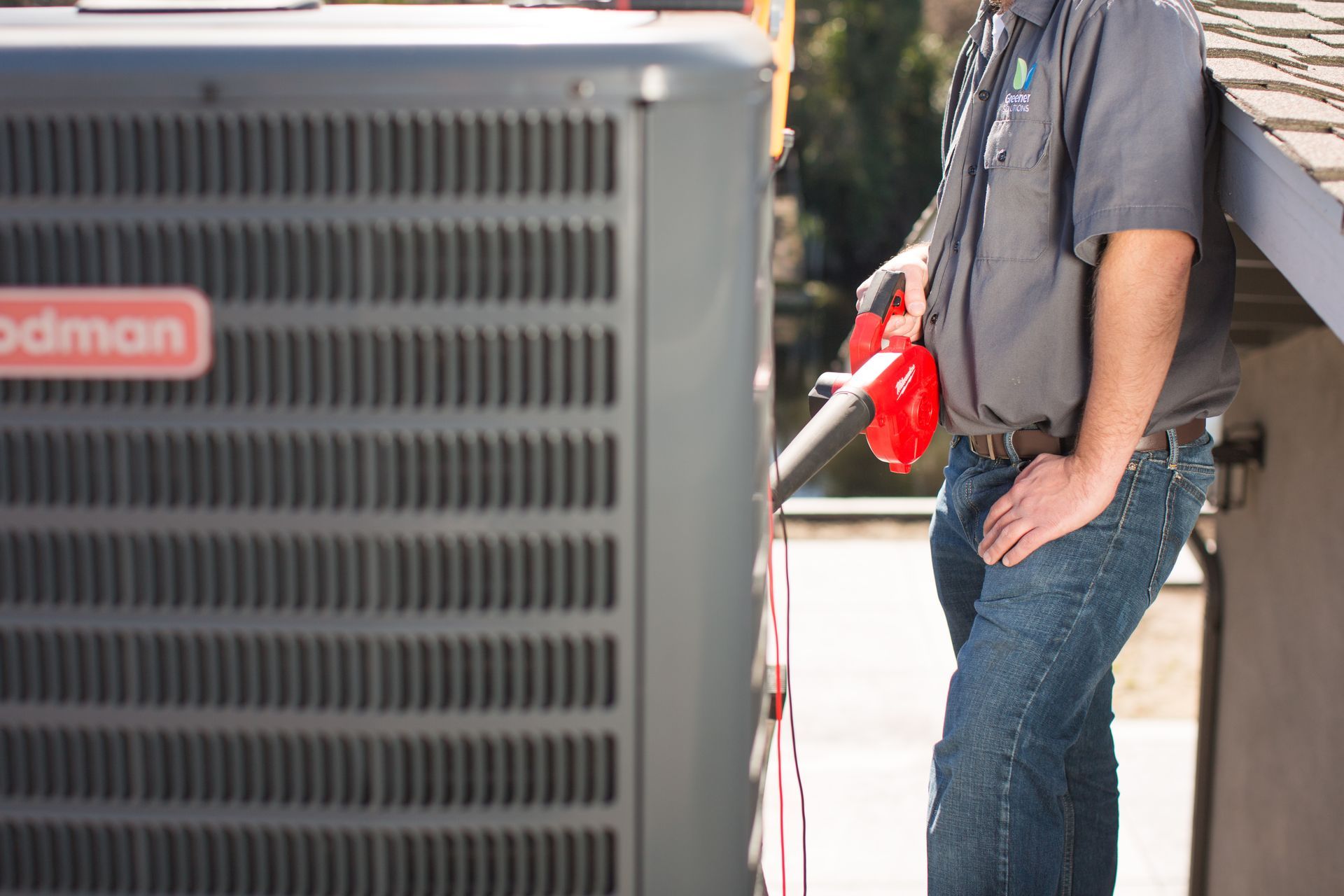
During the sweltering summer months, your air conditioner works tirelessly to keep your environment cool. To ensure its optimal performance and longevity, regular maintenance and cleaning are recommended. Both central and window units benefit from routine checks and cleaning which includes replacing the filter to prevent airflow blockage. Annual air conditioner cleanings generally include attention to components like coils and fins which is crucial to keep the entire system functioning efficiently. Not only does a well-maintained air conditioner enhance the comfort of your home, but it also reduces energy costs and minimizes the need for expensive repairs. By dedicating time and care to your unit, you can ensure consistent cooling and a healthier system overall.
How Often Should You Clean Your Central AC Unit?
Maintaining the efficiency of a central AC unit largely hinges on its cleaning frequency. Here's a guide on how often specific components should be addressed:
- Professional Inspection and Cleaning: It's recommended to have a professional inspect and clean your central AC unit at least once a year. This session primarily ensures that the system is in optimal condition and that the system is free from any potential issues.
- Air Conditioner Condenser: A deep air conditioner cleaning is also recommended annually. This will ensure that all parts are free of debris that might reduce the air conditioner’s efficiency.
- Air Filter Maintenance: The air filter plays a pivotal role in ensuring good airflow and reducing allergens. Depending on your household conditions, such as the presence of pets, the filter should be cleaned or replaced every one to two months. Always consult the owner’s manual for model-specific guidance.
By focusing on these cleaning intervals, you can ensure the longevity and optimal performance of your central AC unit. However, there are signs that might indicate your AC unit requires immediate attention despite adhering to these maintenance guidelines:
- Reduced cooling efficiency
- AC blowing hot air
- Unpleasant odors
- Noticeable dust and dirt on the filter
Things to Consider Before Cleaning Your AC Unit
Before diving into cleaning your AC unit, it's essential to understand the critical components that require attention. For window AC units, the focus should be on the filters and coils.
- Filters play a pivotal role in purifying the air by trapping dust. When these filters become clogged, the AC unit has to exert more energy which leads to increased costs without optimal cooling.
- Coils are responsible for the transfer of hot and cold air. Keeping them free from dirt and dust ensures efficient operation.
However, when dealing with complex systems like central AC, it's advisable to engage a professional HVAC contractor. They can provide a comprehensive inspection, including checking the duct work and overall system efficiency. While professional maintenance is crucial, homeowners can still undertake some of the easier maintenance tasks as long as they have a general understanding of how to navigate their AC system.
Is it Safe to Clean Your AC?
Cleaning your AC unit can be both safe and beneficial when done correctly. While many components of the air conditioning system can be addressed with DIY methods, it's essential to recognize the boundaries of self-maintenance. Homeowners can safely clean parts such as the evaporator coils, AC vents, condenser coils, and air filters. When performed with care, these tasks can enhance the efficiency of the unit. However, for more intricate components or deeper system checks, it's advisable to enlist the expertise of a licensed HVAC technician. They possess the knowledge and tools to ensure the comprehensive and safe maintenance of your central air conditioning system.
Safety Precautions to Take When Cleaning Your AC
Safety should always be the top priority when cleaning your AC unit. As with any home maintenance task, having the right tools and adhering to safety guidelines is critical. If at any point you feel uncertain or believe a procedure might be unsafe, it's crucial to halt the process and consult a professional HVAC technician. Their expertise can provide clarity and ensure the task is done without risking harm. Always prioritize your safety and the well-being of the AC unit by following established safety protocols to ensure a hazard-free maintenance experience.
Turn Your Air Conditioner Off
Before undertaking any maintenance or cleaning tasks on your air conditioner, it's important to ensure the unit is powered off. This is not just a matter of pressing the off button on the remote. You should disconnect the unit from its power source to reduce the chance of electrical shock. Even when turned off there is residual electricity that can flow through the unit which poses a potential risk, especially when water is involved. For those working on the external unit, it's crucial to locate the circuit breaker associated with the condenser unit and switch it off. This breaker is typically housed in a small box situated near the outdoor unit and often painted to match the exterior color of the home. By flipping the switch to its off position, you should be protected against unexpected power surges or unintentional activations. This prevents potential injuries, especially from components like the condenser fan which spins at rapid speeds when powered on. This is why it is always important to prioritize safety by ensuring the complete disconnection of power before working on your AC unit.
Protective Equipment
It’s also important to prioritize personal safety through the use of protective equipment. Air conditioners accumulate a variety of contaminants including bacteria, pollen, dust, and other potential allergens. To shield yourself from these particulates and any chemicals you might encounter during maintenance, be sure to wear:
- Eye Protection: Always wear safety goggles to prevent any debris or chemicals from entering your eyes.
- Hand Protection: Gloves are essential to protect your hands from sharp components, chemicals, or biological contaminants.
- Respiratory Protection: Considering the array of particles and potential mold spores, wearing an N95 mask or a higher-grade mask is advisable to prevent inhalation of harmful substances.
- Clothing: Opt for long-sleeved clothing to minimize direct contact with contaminants.
After maintenance is completed, it's important to shower and change into fresh clothes. This ensures that any residues like chemicals, insulation, or mold spores don't find their way into your living spaces. This will help keep your home uncontaminated and safe.
Protect Children and Pets
Ensuring the safety of children and pets is paramount when undertaking HVAC maintenance tasks. Ideally, schedule your air conditioner cleaning and maintenance activities during times when young children and pets are safely secured in a separate area. The inherent risks are twofold: children might inadvertently come into contact with hazardous tools or chemicals and curious pets can find their way into air conditioning units or ductwork. Such incidents not only pose immediate danger to the pet but can also lead to significant damage to the HVAC system as the animal attempts to escape. In the unfortunate event that a pet becomes trapped, homeowners typically lack the necessary tools and expertise for a safe rescue. To prevent such scenarios, it's always best to ensure a secure environment that’s free from potential distractions and hazards when working on your HVAC system.
What You Need to Clean Your Air Conditioner
Cleaning your air conditioner is a straightforward task that requires only a few essential tools. For a central AC unit, the basics include:
- Screwdriver: Useful for opening compartments or removing protective covers.
- Cloth: Preferably a microfiber cloth which can be used dry to capture dust and dirt or dampened to tackle stubborn buildup.
- Vacuum: Equipped with a soft bristle brush attachment, it's ideal for removing debris from filters. If your vacuum lacks this attachment, consider purchasing a separate dusting attachment.
- Hose: Useful for rinsing filters and other components.
The filter is a pivotal component of the air conditioner and can be cleaned using a vacuum, rag, or running water. To clean the coils, consider using a specialized AC coil cleaner. A high-concentrate, nonacid cleaner designed for aluminum coils and fins is typically recommended. Depending on the level of dirt, multiple applications and rinses might be necessary.
Additionally, while inspecting your unit, pay attention not to damage the fins. These are delicate structures that can easily bend or get damaged. A fin tool is relatively inexpensive and can be employed to rectify minor bends. However, if the damage is extensive, seeking professional assistance is advisable.
What You Shouldn’t Do When Cleaning Your AC
Cleaning your air conditioner requires a careful approach to avoid inadvertently causing damage. Here are some essential guidelines on what not to do:
- Avoid Damaging the Fins: Both the condenser and evaporator coils have delicate fins that can bend or break easily. Touching these fins without the proper tools can lead to damage and isn’t recommended.
- Steer Clear of Pressure Washers: When cleaning the outdoor unit, never use a pressure washer. The forceful stream can damage the delicate fins of the air conditioner. Instead, opt for a gentle stream of water from a garden hose.
- Dry Components Thoroughly: Ensure all parts, especially the filter, are completely dry before reinstalling them. Wet components can compromise the efficiency of the unit and lead to potential electrical issues.
- Refrain from DIY Duct Cleaning: The ductwork in your home is intricate and plays a crucial role in both heating and cooling systems. Damaging a duct can lead to inefficiencies, increased energy bills, and undue strain on your HVAC system. It's best to leave duct cleaning to professionals.
- Avoid Handling Refrigerants: Never attempt to handle refrigerants or other chemicals in your air conditioner. These substances require specialized knowledge and tools for safe handling.
By adhering to these guidelines, you can ensure the longevity and efficiency of your AC unit while also safeguarding against potential hazards.
Parts of the Air Conditioner Unit That Need Cleaning
An air conditioner comprises multiple components that each play a pivotal role in ensuring a cool and comfortable environment. To maintain optimal performance and extend the unit's lifespan, certain parts require regular cleaning and attention.
Evaporator Coil Cleaning
The indoor evaporator coil plays a crucial role in cooling the air and reducing humidity levels within your home. Over time, its efficiency can diminish due to dirt and debris that accumulates on the coils. Cleaning this component is essential but it demands a gentle approach. Before starting, ensure the unit is powered off and disconnected from electricity. Begin by removing loose debris from the coils using a vacuum or a soft brush. Once cleared, apply a coil cleaner as per its instructions to clear any remaining stuck debris. The instructions will recommend letting the cleaner sit for 5 to 20 minutes. This cleaner often foams and aids in loosening any build-up. If necessary, a soft bristle brush can help work the cleaner between the fins, and a coil comb can rectify any bent fins. After the cleaner has done its job, thoroughly rinse it off with water to prevent any residue. Any remaining residue could attract more dirt which would compromise the coil's efficiency.
AC Condenser Coil Cleaning
Cleaning the outdoor AC condenser coil is also vital for maintaining the efficiency of your air conditioner. Be sure to set the air conditioner thermostat to 'off' and disconnect the power by flipping the condenser unit circuit breaker off before cleaning. Once powered down, clear any surrounding debris and leaves. Using a screwdriver to carefully remove the unit's top and ensure that no wires are damaged. With a vacuum with a soft brush attachment, clean the condenser coils using an up-and-down motion to prevent damaging the delicate fins. After vacuuming, apply a coil cleaner to address any deep-seated dirt. Follow the product's soaking time instructions to ensure that any remaining debris is lifted. Afterwards, thoroughly rinse the cleaner off while being cautious not to wet the fan motor. Allow the coils to dry entirely before powering the unit back on to ensure optimal performance and safety.
Condensate Drainpipe and Pan
The condensate drain pan and pipe are essential components of your AC system that are responsible for collecting and draining the moisture condensed from the air. Regular maintenance ensures they function optimally and prevents potential water damage. If you observe that the condensate drain isn't working as it should, it's possible that there is a blockage in the line. Begin by vacuuming any standing water in the pan using a wet/dry vacuum. Then gently clean the drainpipe with a soft pipe cleaner or bottle brush. To test its functionality, pour water into the pipe that protrudes from the drain line. If functioning correctly, this water should exit into a bucket placed outside your home. If there's a blockage, a solution of one cup of bleach to a gallon of water can be poured into the drainpipe. Allow it to sit for 20 to 30 minutes, then retest. Repeat the process until the water drains smoothly to ensure the system is running as it should.
Air Conditioning Filter
The air conditioning filter is a pivotal component in ensuring clean air circulation within your home. Whether you have a window AC unit or a central air system, maintaining the filter is essential for optimal performance. For most window units, cleaning the filter is a routine task, while central units might have filters designed for replacement rather than cleaning. Always refer to the unit's manual before proceeding. To clean:
- Vacuum the Filter: Using a vacuum attachment without a brush (to prevent damage), gently vacuum the filter. Be sure to run the vacuum over the filter several times to ensure the removal of dust, debris, mold spores, and hair. Apply gentle pressure to avoid tearing or denting the filter as this could open gaps in the filter that would allow debris to enter the AC unit.
- Soak the Filter: If the filter is one designed to be washed rather than replaced, place the filter In a large container or bathtub filled with room-temperature water and a mild liquid detergent. Submerge the filter and ensure it is fully coated in the soapy mixture. Let it sit for 10-15 minutes before rinsing. Avoid using abrasive tools to scrub the filter; instead use a hose to rinse away any remaining dirt.
- Disinfect the Filter: Prepare a solution of equal parts vinegar and water in a spray bottle. Spraying both sides of the filter helps eliminate bacteria. After a 10-minute wait, rinse the filter under running water.
- Dry the Filter: Allow the filter to air dry, which might take several hours. To expedite the drying, place newspapers beneath the filter and lean it against a wall. Once thoroughly dry, the filter can be reinstalled.
Regular filter maintenance not only ensures cleaner air but also enhances the efficiency and lifespan of your AC unit.
How to Clean Central AC with Hose and Water
Cleaning your central AC system with just a hose and water may not be as effective as scrubbing down the individual components but it is still an effective way to maintain your air conditioner’s efficiency and prolong its lifespan.
- Cleaning the filter: Ensure your AC is turned off and locate the vent, which could be on walls, under windows, in the ceiling, or on the floor depending on your home's design. To access the filter, remove the vent cover, which might require a screwdriver or might have push tabs. If your AC vent has a washable filter, you can clean it as per the guidelines provided for window AC units. If it's not reusable, replace the old filter with a new one and ensure any directional arrows on the filter align correctly.
- Cleaning outdoor unit: Switch off the outdoor unit by locating and toggling the breaker switch which is typically found near the condenser unit under a flip-up lid. Once off, remove the top of the condenser unit and vacuum away any debris like leaves, grass, or dirt. Then, use a hose to gently spray down the unit and clear away residual dirt. This will help ensure that the electrical components remain dry. Allow the unit to air dry for 30 to 60 minutes before powering it back on.
Seasonal Maintenance Tips to Help Keep AC Clean & Operational
Seasonal maintenance is essential to ensure your air conditioner remains clean and functions optimally. Be sure to check the following at the recommended seasonal intervals to ensure that your AC is efficient all year round.
- Change the Filters Regularly: Depending on your lifestyle, such as having kids or pets, the frequency of changing filters can vary. While some might need a change every month, others might last two to three months. At the very least, the filter should be changed regularly during spring and summer when the air conditioner is most likely to be used regularly and collect pollen, dust, and other debris.
- Maintain the Condenser Unit: The external condenser unit requires annual cleaning but units in debris-prone areas with lots of plant life might need more frequent attention. Ensure a clean, debris-free zone around your condenser unit when there is likely to be more build up. Seasonal changes in the fall can cause leaf litter and debris to surround the outdoor unit which needs to be cleaned up.
- Seek Professional Help When Needed: Central AC systems can be intricate. If you notice inconsistent temperatures, rising utility bills without increased usage, or hear unusual noises upon startup, it's time to call in a professional. They can provide a thorough inspection and address any underlying issues.
Why You Should Hire a HVAC Professional to Clean Your AC
Hiring a professional HVAC technician to clean and maintain your air conditioner can be a wise decision for homeowners. While many might feel confident in tackling basic maintenance tasks, certain situations warrant the expertise of a trained professional. The benefits of hiring an HVAC professional include:
- Expertise and Experience: HVAC professionals possess years of training and hands-on experience. They are well-versed in the intricacies of various AC models and understand which components are vulnerable to damage. Their expertise ensures a thorough and safe cleaning process.
- Complex Issues: If your air conditioner isn't cooling effectively even after cleaning or if you're unsure about the location of specific components like the evaporator coil, it's best to consult a professional. They can quickly diagnose and address issues that might be overlooked by the average homeowner.
- Safety Concerns: Handling chemicals or removing and replacing parts can pose risks. Professionals are equipped with the right tools and knowledge to manage these challenges safely.
- Comprehensive Maintenance: If it's been over a year since your last HVAC check-up or if you need your air ducts cleaned, a professional can provide a comprehensive service and ensure all parts of your system are in optimal condition.
While DIY maintenance can be cost-effective and satisfactory for minor tasks, entrusting your AC's health to a professional can save you from potential costly repairs and ensure the longevity and efficiency of your system.
Contact GS Home Solutions for Any AC Maintenance Needs
In the ever-evolving world of HVAC, ensuring your air conditioner operates at its peak is paramount for both comfort and efficiency. While DIY methods can be helpful, there's no substitute for professional expertise. At GS Home Services, our team of seasoned technicians is dedicated to providing top-tier AC cleaning, maintenance, and repair services tailored to your specific needs. Don't leave the health of your AC to chance; trust the experts. If you're experiencing any issues or simply want to ensure your system is running optimally, reach out to GS Home Services today.
AC Cleaning FAQs
-
Can I clean my AC unit myself?
You can clean certain parts of your AC unit yourself like the filters and the exterior of the condenser unit. However, for deeper cleaning or if you're unsure about any component, it's recommended to consult or hire a professional to avoid potential damage.
-
What is the correct way to clean inside your air conditioner?
The correct way to clean inside your air conditioner involves turning off the unit, carefully removing and cleaning or replacing the filter, and gently cleaning the evaporator and condenser coils using a soft brush and coil cleaner. It's essential to avoid bending the fins and to ensure all components are dry before reassembling and turning the unit back on.
-
Is it okay to clean the AC with water?
It's acceptable to clean certain parts of the AC like the condenser coils with water. However, you should avoid using high-pressure water sources, like pressure washers, as they can damage the delicate fins. Always ensure the power is turned off before cleaning and allow the unit to dry thoroughly before restoring power.
Recent Posts
-
Our Services
ButtonSee All Our Services
-
About
ButtonLearn More about
Greener Solutions
-
Contact Us
ButtonImmediate Service
Emergency Services
Live Support
Have an HVAC emergency? Call for immediate service. Available 24/7
